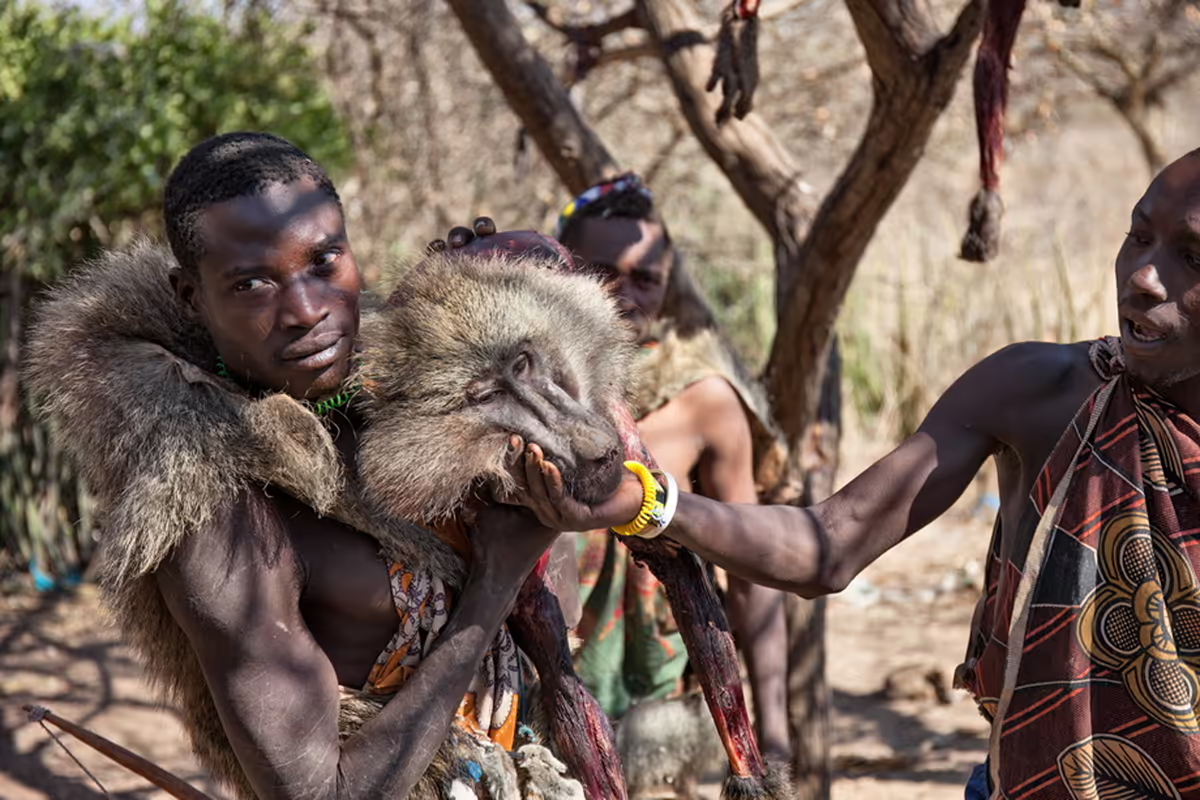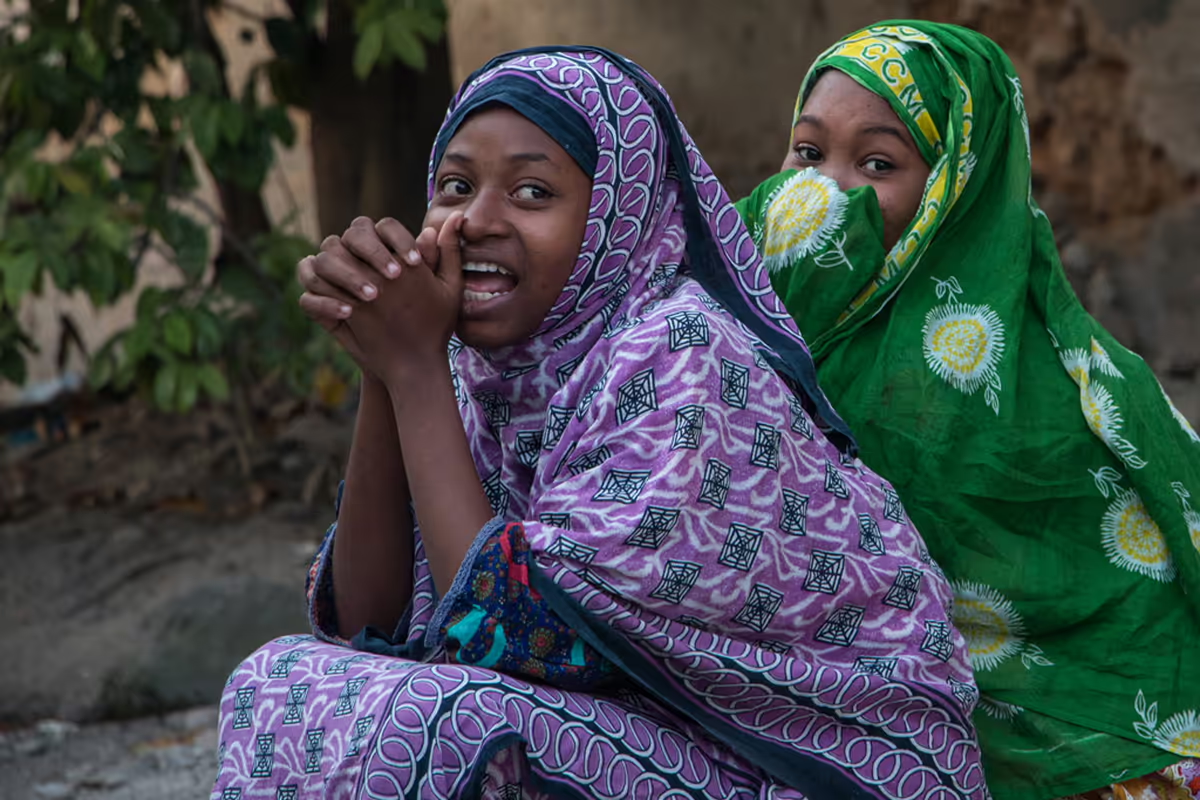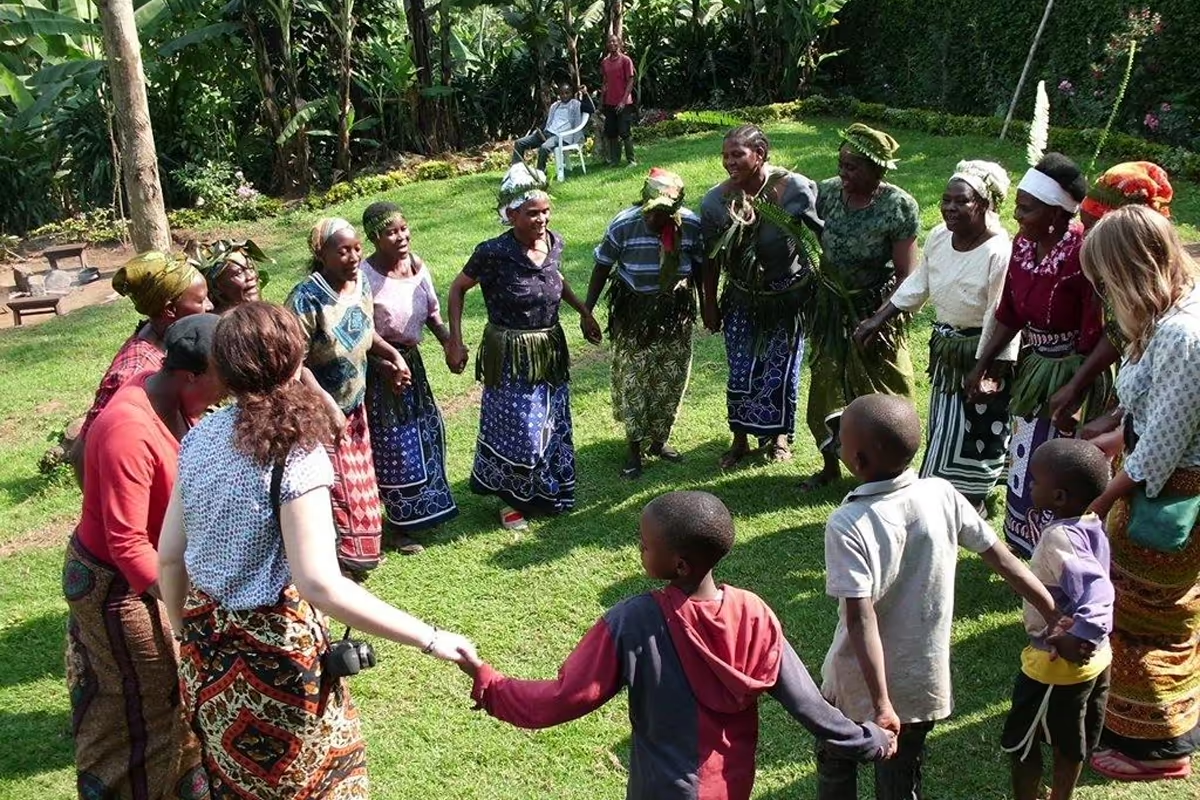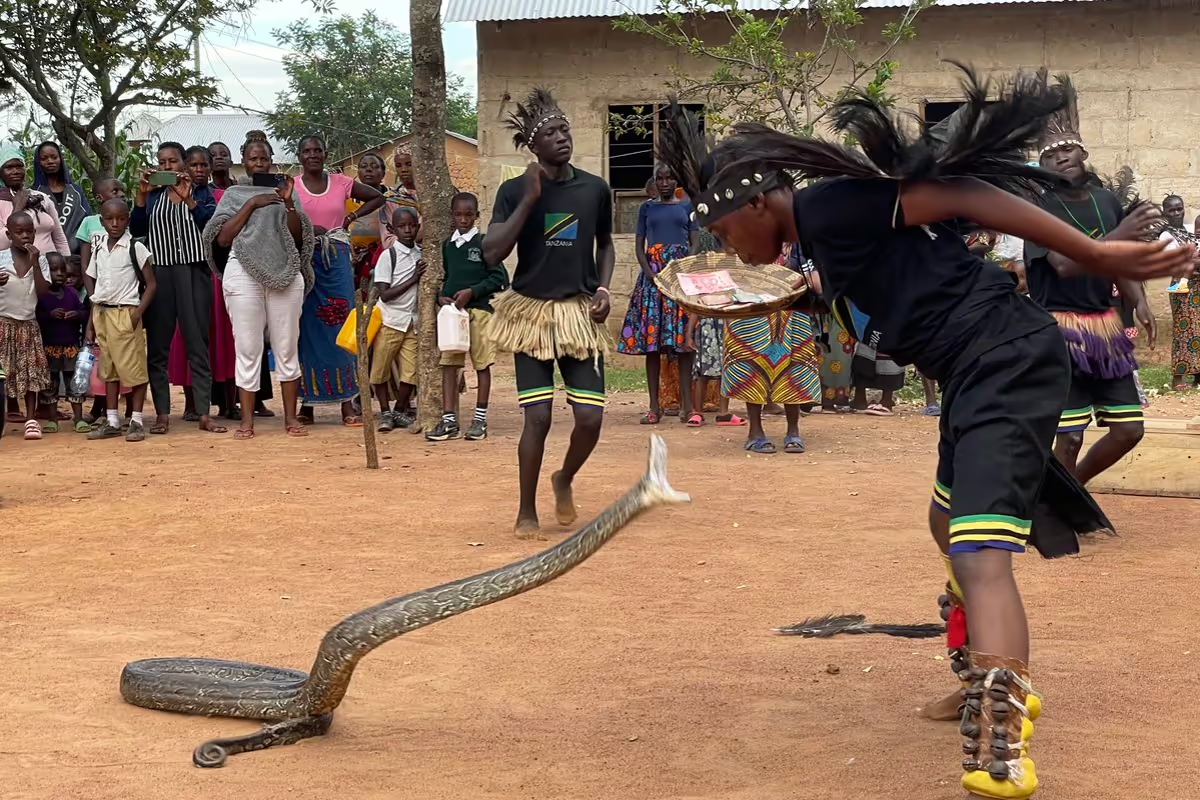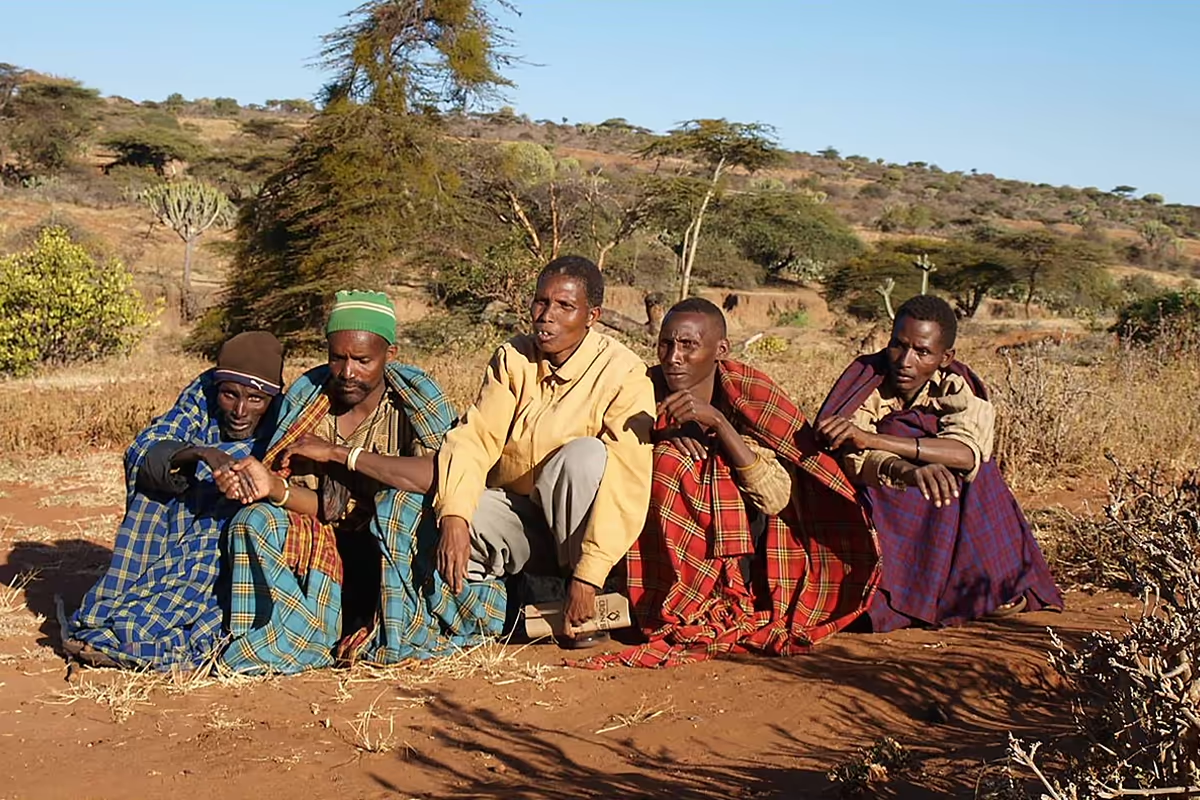Tanzania Culture and Traditional Experiences
Culture Experiences in Tanzania
Tanzania is more than just stunning safaris and breathtaking mountains—it’s a living museum of culture and tradition. With over 120 ethnic groups, this East African nation is a vibrant mosaic of customs, languages, and unique ways of life. From the iconic Maasai warriors to the ancient Hadzabe hunter-gatherers, each community offers a glimpse into centuries-old practices that continue to thrive in modern times.
Tanzania culture and traditional experiences are deeply rooted in community, history, and nature, creating a unique connection between its people and the land. Travelers have the opportunity to immerse themselves in this rich heritage, exploring a world where ancient traditions blend seamlessly with contemporary life. From rhythmic dances to traditional crafts, and from flavorful Swahili cuisine to age-old ceremonies, Tanzania invites visitors to uncover its fascinating cultural treasures.
Shared Cultural Elements Across Tanzania
While Tanzania’s ethnic groups have unique traditions, certain cultural elements unite the nation:
- Swahili Language: Swahili is Tanzania’s national language, connecting communities across the country.
- Hospitality: Tanzanians are famously welcoming, often inviting travelers to join meals or celebrations.
- Festivals: National celebrations like Uhuru Day (Independence Day) and local festivals such as the Mwaka Kogwa in Zanzibar are perfect opportunities to experience Tanzania culture and traditional practices.
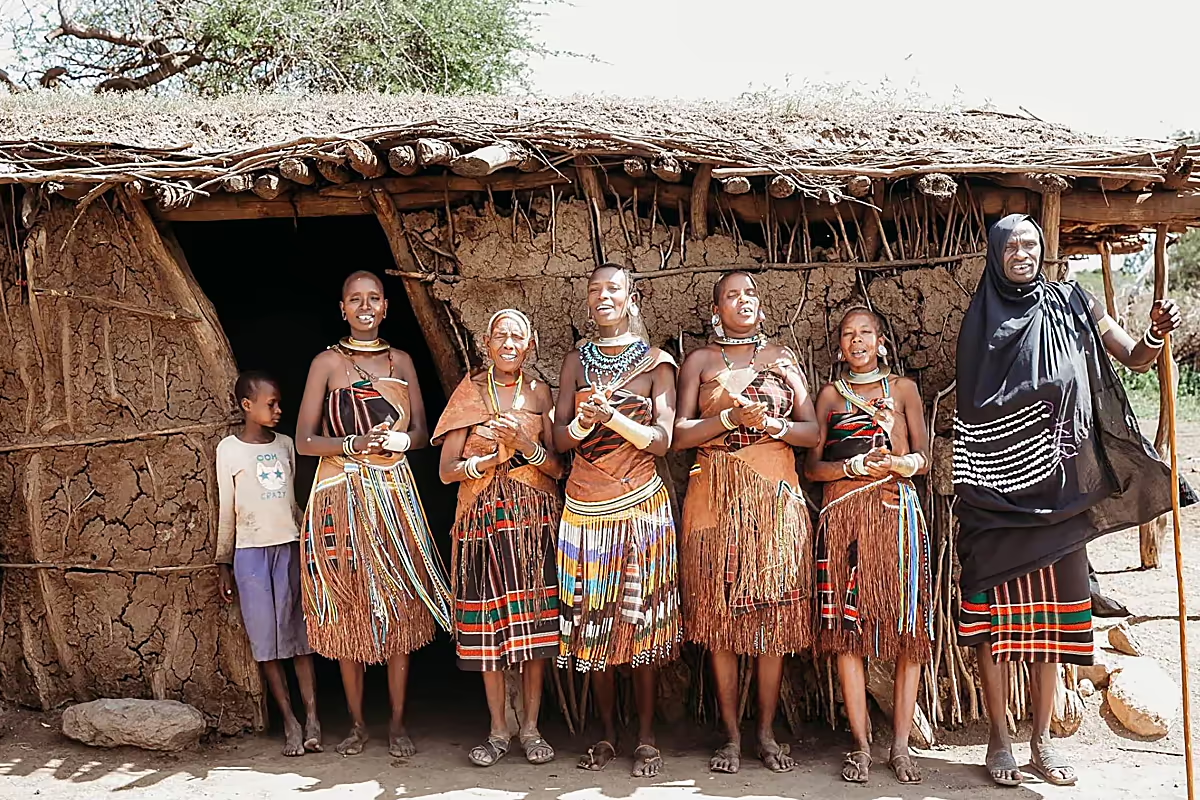
Top Tanzania Traditional Experiences to Try
If you’re planning a trip to Tanzania, here are some must-try cultural activities:
- Join a Maasai warrior dance and learn about their rites of passage.
- Spend a day with the Hadzabe, hunting and gathering alongside them.
- Explore Zanzibar’s Stone Town and indulge in Swahili cuisine.
- Sample Chagga mbege beer after touring Kilimanjaro coffee plantations.
- Attend a Sukuma dance performance featuring their famous storytelling props.
- Visit a local market to shop for traditional fabrics and handcrafted jewelry.
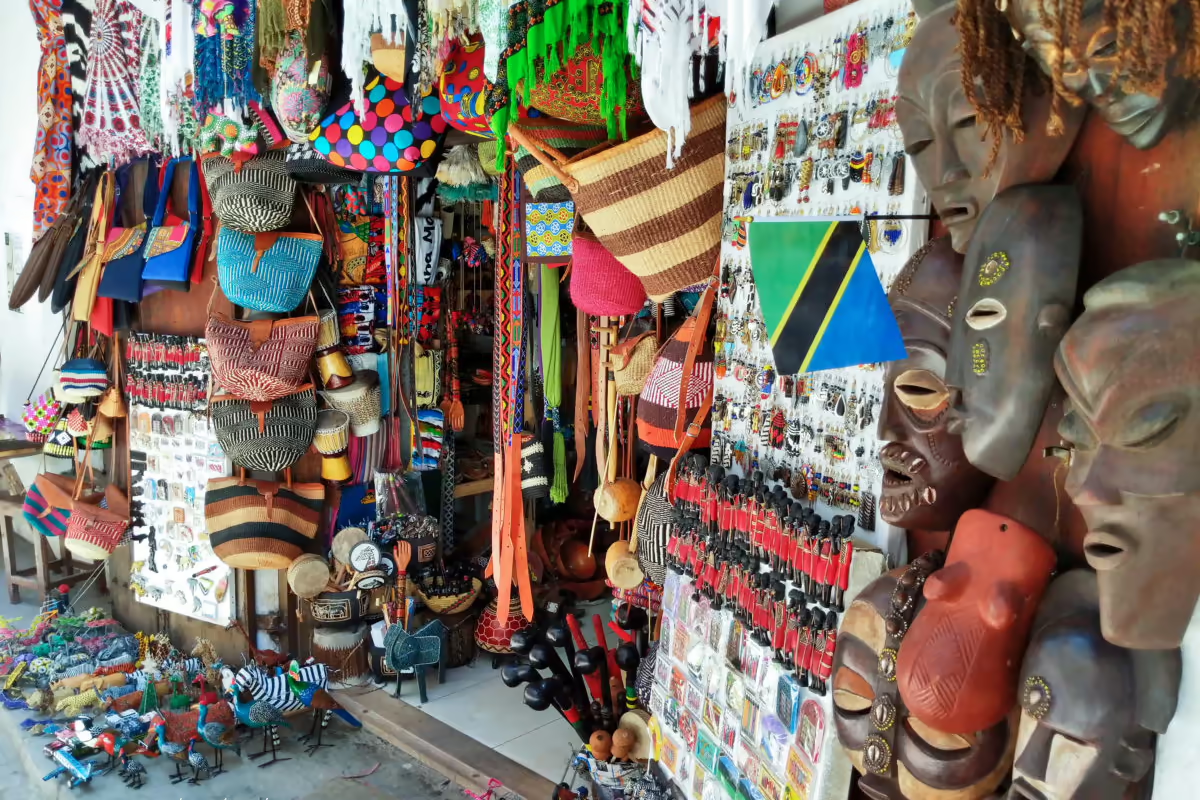

Looking to Customize Your Tour?
Whether it's adjusting the itinerary, adding unique stops, or personalizing your accommodations, I am here to make it happen Let's WhatsAppConnect on WeChatOur Top Africa Safari Destinations
Browse through our top adventures

